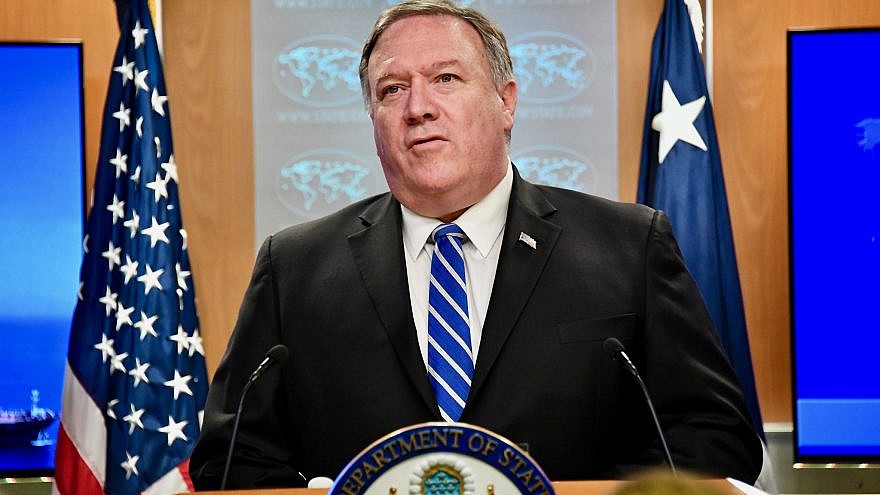U.S. Secretary of State Mike Pompeo announced on Monday that the United States is softening its stance on Israeli settlements in Judea and Samaria.
This is a reversal of the 1978 State Department legal opinion that such neighborhoods are “inconsistent with international law.”
“Calling the establishment of civilian settlements inconsistent with international law has not advanced the cause of peace,” said Pompeo. “The hard truth is that there will never be a judicial resolution to the conflict, and arguments about who is right and who is wrong as a matter of international law will not bring peace.”
However, Pompeo said the United States will not take a position on the legality of settlements, and the new policy will not extend beyond Judea and Samaria. He said that the ultimate status of these neighborhoods must be decided by Israelis and Palestinians.
Israeli Prime Minister Benjamin Netanyahu said he is ”deeply grateful” to the Trump administration for its policy shift.
“Today, the United States adopted an important policy that rights a historical wrong when the Trump administration clearly rejected the false claim that Israeli settlements in Judea and Samaria are inherently illegal under international law,” Netanyahu said in a statement. “The Trump administration policy is also correct in stating that those who have categorically denied any legal basis for the settlements not only deny truth, history and the reality on the ground, they also set back the cause of peace, which can only be achieved through direct negotiations between the parties.”
The announcement is consistent with the Trump administration’s support of the Middle East’s principle ally, including, but not limited to, recognizing Jerusalem as Israel’s capital and relocating the U.S. embassy there from Tel Aviv; merging the U.S. Consulate General with the embassy; defunding U.S. assistance to the Palestinian Authority due to its support of terrorism; withdrawing from the 2015 Iran nuclear deal; and recognizing Israeli sovereignty over the Golan Heights.
The move comes a week after the United States criticized the European Court of Justice to require products coming from Judea and Samaria, eastern Jerusalem and the Golan Heights not to be labeled “made in Israel.” Specifically, it noted the Psagot Winery case.


























